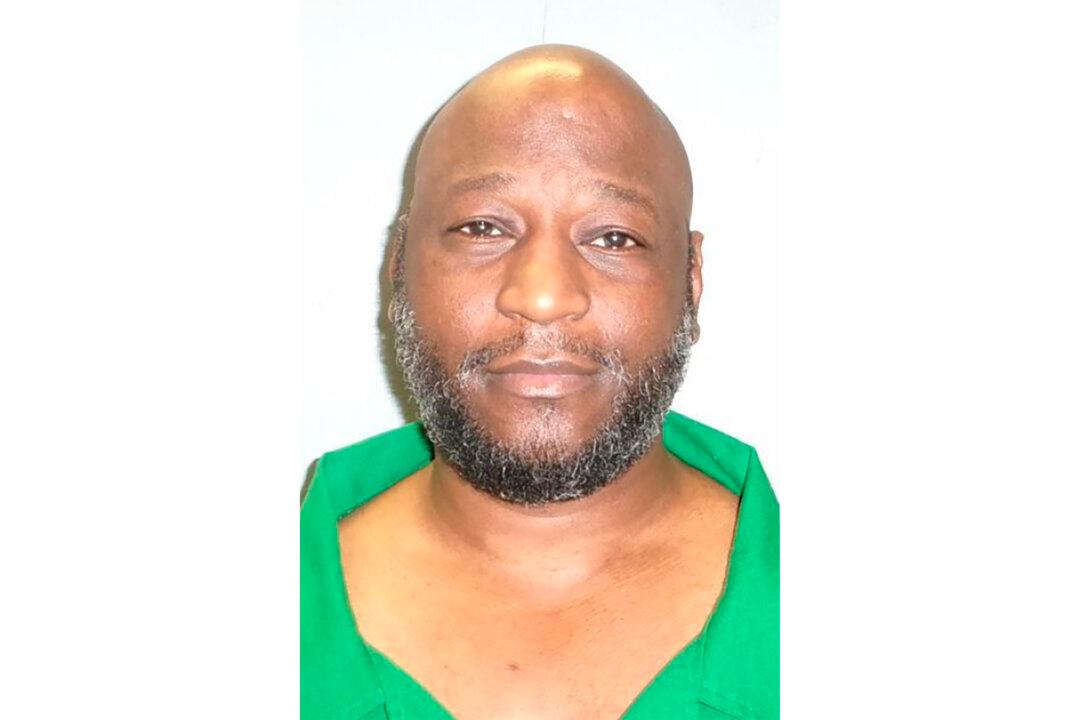South Carolina’s Supreme Court in a Sept. 19 ruling declined to stop the scheduled execution of Freddie Eugene Owens, which would be the state’s first execution in 13 years.
Owens was convicted in 1999 of the murder of Irene Graves during a robbery of a Speedway convenience store in 1997.





